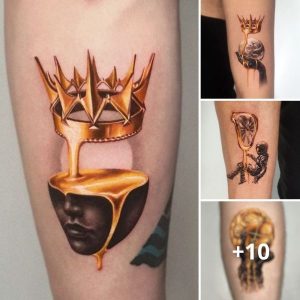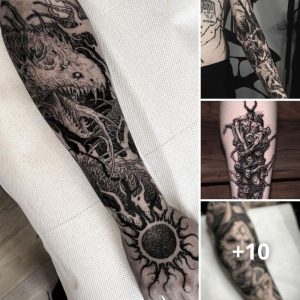Japanese tattoos, often referred to as “irezumi” or “horimono,” are much more than just visually striking body art. They are steeped in a rich history and cultural significance, carrying deep spiritual and symbolic meaning that transcends the label of “tribal markings.”
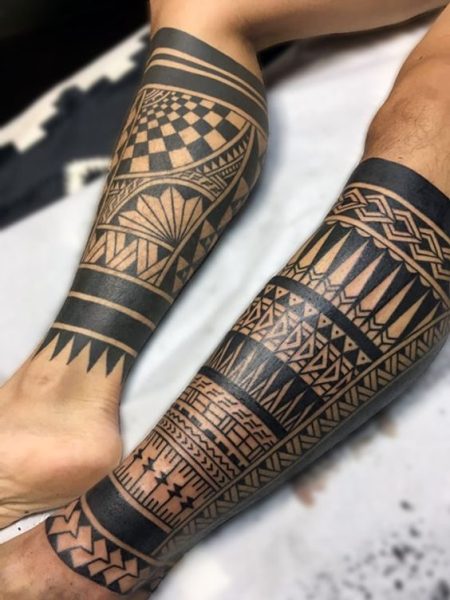
From the ancient Ainu people to the Edo period and beyond, tattoos in Japan have served various purposes. They have been used to signify social status, religious beliefs, and even as a form of punishment. However, the most enduring aspect of Japanese tattooing lies in its connection to spirituality and personal expression.
One of the most prominent themes in Japanese tattoos is the representation of mythical creatures and deities. Dragons, phoenixes, and koi fish are frequently depicted, each carrying its own unique symbolism and meaning. Dragons, for example, represent strength, wisdom, and protection, while phoenixes symbolize rebirth and renewal.
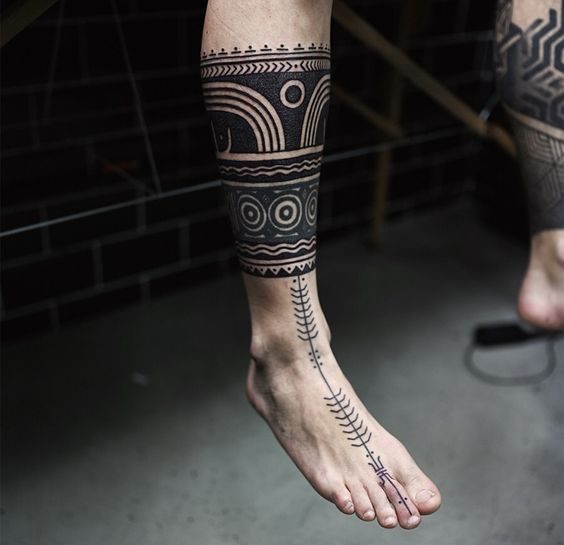
Another significant aspect of Japanese tattooing is the use of natural imagery. Flowers, animals, and landscapes are often incorporated into designs, reflecting the wearer’s connection to the natural world and their appreciation for its beauty. Cherry blossoms, for instance, symbolize the ephemeral nature of life, while mountains represent strength and perseverance.
Beyond the imagery itself, the act of tattooing in Japan is often seen as a spiritual journey. Traditional hand-poked methods, known as “tebori,” are still practiced by some tattoo artists, creating a deeper connection between the artist and the client. The process can be seen as a ritualistic experience, one that requires patience, endurance, and a willingness to embrace discomfort.
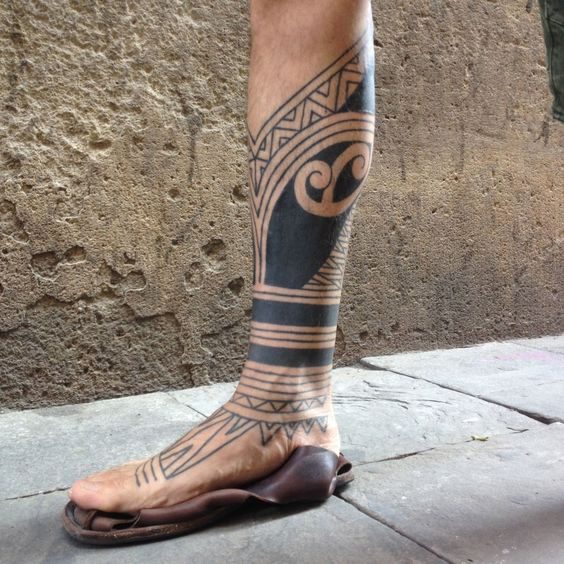
In modern times, Japanese tattoos continue to be a powerful form of self-expression. While there is still some stigma associated with tattoos in Japan, they are becoming increasingly accepted as a form of art and personal identity.
Whether you are drawn to the intricate designs, the rich symbolism, or the spiritual significance, Japanese tattoos offer a unique and captivating window into Japanese culture and tradition. They are a reminder that body art can be much more than just skin deep, serving as a powerful expression of personal beliefs, values, and experiences.
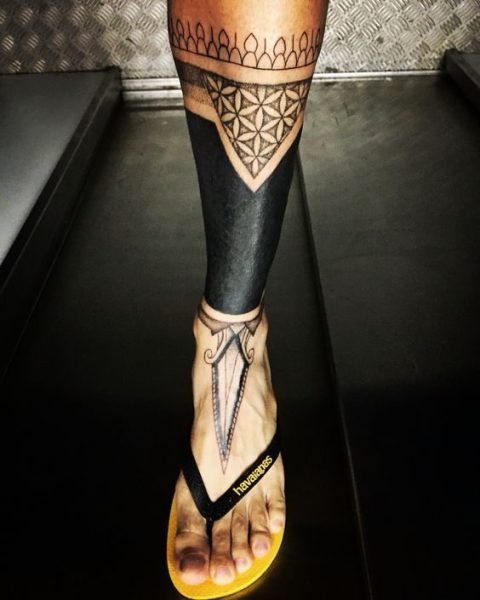
If you are considering a Japanese tattoo, it is important to do your research and choose a reputable artist who understands the cultural significance and symbolism behind the designs. Remember, these tattoos are more than just beautiful images; they are a living testament to a rich and complex cultural heritage.
Keywords: Japanese tattoo, irezumi, horimono, Japanese tattoo meaning, Japanese tattoo symbolism, Japanese tattoo history, Japanese tattoo culture, tebori, Japanese tattoo designs, dragon tattoo, phoenix tattoo, koi fish tattoo, cherry blossom tattoo, Japanese tattoo artist


